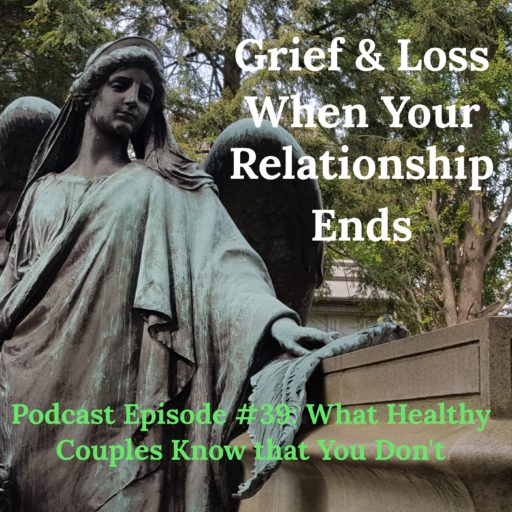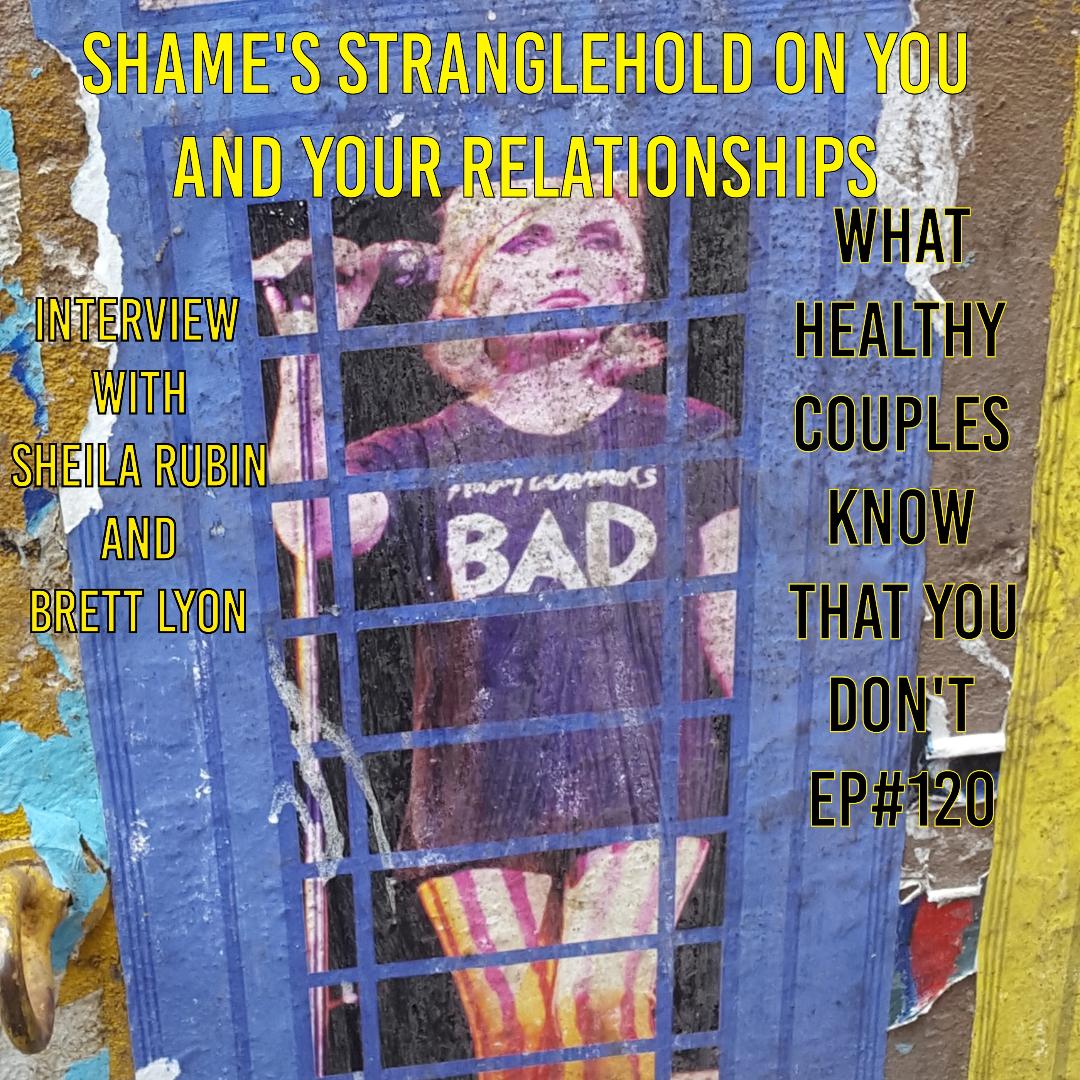
GRIEF is about how you feel inside after you’ve experienced a loss. We all experience many losses in life; death of a loved one is, for some, the most challenging. Interview with Jan McCarthy M.S.W.Her email: [email protected]
Share the Love & Spread the Word
PLEASE Tweet or SHARE on Facebook (sooooo helpful)
Subscribe on Apple Podcasts: HERE & please leave a review. THANKS!!!!!
Grieving is a process of working your way through the sorrow and the feelings of loss. No matter what model you use as a guide. It’s not a linear process. It repeats throughout the lifecycle.
Feeling the anguish of loss, separation, change and transition is grieving. It can be physical, emotional, behavioral and spiritual. Grief is a feeling of distress.
The feelings that course through us may be experienced as physical pain and discomfort, sadness and longing, lack of energy and questioning. No emotion is off limits when we grieve. Feelings of grief may be expressed by crying, by feeling anxious, fearful, by a lack of concentration and a lack of energy. Noticing anger, irritability and guilt feelings may be experienced as well. On the other side of distress we may feel encouraged, connected, supported, relieved and peaceful as we grieve.
Our feelings of grief are the price we pay for living, for loving, for caring and for having a heart. Grief honors all of the feelings of being alive.
Everyone’s grief and grief paths are unique.
As we live our lives, we all experience loss, change and transition.
As you work through the losses, changes and transitions in your life you’ll find it’s helpful to be patient and gentle with yourself, because it’s not easy and it takes time. In fact, more time than most people expect or like.
The face of hope will change as you grieve. Hold it in your heart; keep it alive because you won’t always feel as bad as you do when your grief is fresh.
Try to notice everything about your experience. Take one small step at a time toward acceptance. Honor your feelings. Learn what you need to do to adjust to the changes. As you adapt and accept them as a part of your life, you’ll be able to hold the loss, change or transition in a special place while you make room for healing and moving forward.
What are the losses, changes and transitions in your life?
Take time to reflect on them. What have they taught you about yourself? What helped you work through your grief? What wasn’t helpful?
In times of change we are keenly aware of what’s missing and what’s different. Notice what you still have. Gratitude is an important part of healing.
Learning about the grief process and getting support from friends, family and professionals will help you work toward healing.
“When you are sorrowful look again in your heart, and you shall see that in truth you are weeping for that which has been your delight.” Gibran
Navigating the Holidays with Acceptance
Acknowledge
The holidays will be different this year. A loved one is not with you. You are grieving. Holding onto expectations that this holiday season will be the same may leave you feeling disappointed. Relax your idea of what “should” be so that you can make a realistic plan to do what is comfortable for you. If you are the one who always prepared a large meal and you’re feeling overwhelmed by the thought of cooking, you may have to pass this responsibility to another family member this year.
Choose
You have choices. Make a choice to do what is comfortable for you. If the idea of attending a big party makes you feel panicky or nervous, re-think it. It’s OK to want some alone time. Choose what traditions you would like to keep and what you might like to change. Choosing a remembrance of your loved one, whether through a toast or telling a story, is lovely way to honor a memory and acknowledge their absence.
Communicate
Tell your friends and family how you feel, what you need, and what you want. They won’t know unless you tell them. Listen to what their thoughts are. You most likely have many of the same concerns as they do. There is usually more that one option and talking about your concerns will set the stage for compromise and planning. Communicate that being with everyone may make you emotional, you may cry and it’s OK if you do.
Energy
Be mindful of the energy both grieving and the holidays take. They are both hard work. Take care of yourself by being careful not to overbook yourself with activities. Make sure to get plenty of rest, drink lots of water and eat nutritious meals.
Plan
Creating a plan will reduce your anxiety. If Dad always carved the turkey, waiting until mealtime to see who will carve the turkey will create tension for everyone. Talking about it and planning prior to the day will make everyone feel more at ease.
Trust
You will make it through the holidays this year.
Even with the differences, you will find the experience bittersweet. There will be some happiness. Look for it. Trust that while this holiday season will be tinged with many emotions. You will be able to join in with the celebration more fully in the future. You will experience joyous holidays again.
Resources
• Grieving For Dummies By Greg Harvey
• Healing After Loss: Daily Meditations for Working Through Grief By Martha Whitmore Hickman
• Healing After Loss: A Daily Journal for Working Through Grief Diary By Martha Whitmore HIckman
• I’m Sorry For Your Loss: Hope and Guidance in Managing Your Grief By Lillian Meyers
• Mindfulness and Grief By Heather Stang
• Orphaned Adult By Alexander Levy
7. You Don’t Have to Like It, But You Do Have to Live It By Barbara Coyne
An informative website is:
https://whatsyourgrief.com
To find a local bereavement support group contact churches, synagogues, funeral homes and hospices.













